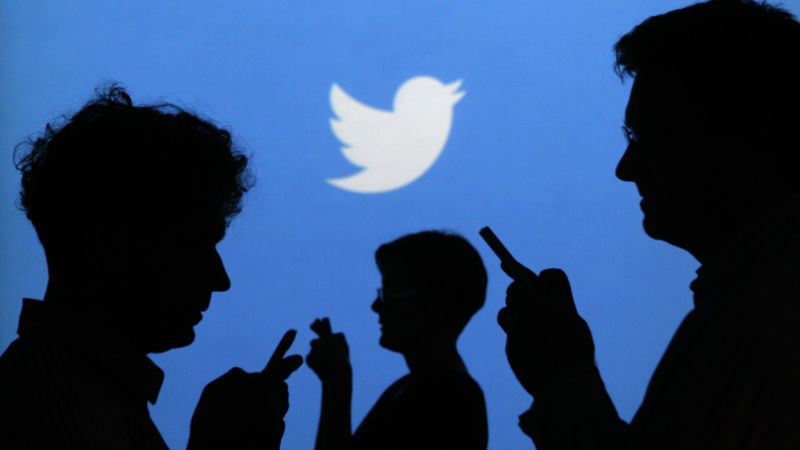Law student Alyssa Leader’s Twitter timeline was filled with tweets earlier this month by immigration and indigent defense attorneys overwhelmed by a sudden surge in client need stemming from the coronavirus outbreak.
Leader, a third-year at the University of North Carolina Chapel Hill School of Law, was moved to offer help in her own Twitter post. She inspired other students to want to get involved, which led her to launch the Law Student COVID-19 Pro Bono Support Project.
The project matches student volunteers to lawyers who need help on cases and projects related to the coronavirus pandemic. Since March 18, more than 2,500 students have signed up.
Reuters spoke with Leader on Thursday about the project’s start, growth and purpose. This interview has been edited for clarity and length.
REUTERS: So, how does it work? How do students sign up to help?
LEADER: Every day I send out an email over the listserv with the available projects for that day and a sign up link. Folks sign up for the projects that they’re interested in. All of our sign ups have been filled within five minutes of me sending them out. People are really enthusiastic.
REUTERS: How many lawyers or employers have reached out seeking student help?
LEADER: I don’t know off the top of my head, but I do know that we have placed over 160 different requests.
REUTERS: How has word spread about the project?
LEADER: I put a call out on social media, and lots of folks were interested. They passed it on to their friends and it spread from there. I have had some faculty and professors from individual schools reach out to me via email, so I know it’s going out to some listservs.
REUTERS: What schools are involved at this point?
LEADER: We have folks from all across the country. A lot of Harvard and Yale students. A lot of (University of Virginia) students, a lot of Fordham, Stanford, and Drexel students.
REUTERS: Why do students want to help?
LEADER: What I’m hearing from other students, and what I’m feeling myself, is that a lot of people are feeling really helpless, because we’re all in this collective circumstance where we don’t have any control. This is a way to feel like we can support attorneys we’ve worked with in the past and we can support the client populations that we’re passionate about.
On a more practical level, a lot of folks have pro bono requirements they are expected to fill and they are now scrambling to do that because a lot of organizations are shut down or remote. I think a lot of us also have a lot of time on our hands.
REUTERS: What are some of the ways attorneys are asking students to help out?
LEADER: I don’t think we’ve gotten two projects that sound the same. We have folks who are looking for help on bail motions, motions to get people out of immigration detention. Making a map of where food banks are for clients of legal aid organizations has been an important one. Making sure that clients with disabilities know how to continue to access their disability benefits. Research around unemployment insurance and what different states are doing to beef up those programs for folks who are getting laid off.
The need that I initially saw was in criminal justice, but a lot of the need is in civil legal aid and housing benefits. Unfortunately, I think this is going to touch all of our lives in so many ways, and that’s especially true for the clients that we serve.






